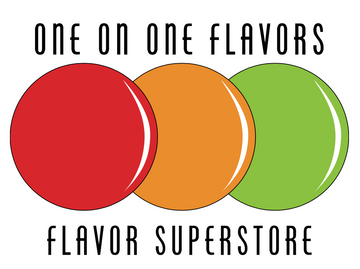Choosing the right type of flavoring for your recipes can make all the difference in taste, texture, and performance. The two main types of flavoring are water-soluble and oil-soluble flavors, and each works best for different applications.
Understanding these differences will help you get the best results in baking, beverages, candy making, and more.
What Are Water-Soluble Flavors?
Water-soluble flavors are designed to blend seamlessly with water-based applications. These flavors dissolve completely in liquid, making them perfect for recipes that require even distribution of flavor.
Best Uses for Water-Soluble Flavors:
-
Beverages (juices, sodas, cocktails, flavored water)
-
Baked Goods (cakes, cookies, frostings)
-
Candy Making (hard candy, gummies)
-
Dairy-Based Products (yogurt, ice cream, pudding)
Try It: Explore a wide range of Water-Soluble Flavorings for your next recipe.
What Are Oil-Soluble Flavors?
Oil-soluble flavors are formulated to blend with fats and oils, making them ideal for recipes where water-based flavors wouldn’t mix properly.
Best Uses for Oil-Soluble Flavors:
-
Chocolate & Cocoa Butter-Based Treats
-
Lip Balms & Lip Gloss
-
Fat-Based Sauces & Dressings
-
Candle and Soap Making (non-edible applications)
Try It: Browse the selection of Oil-Soluble Flavorings for fat-based recipes and DIY projects.
Key Differences Between Water- and Oil-Soluble Flavors
| Feature | Water-Soluble Flavors | Oil-Soluble Flavors |
|---|---|---|
| Best For | Drinks, baked goods, candy | Chocolate, lip balms, fat-based recipes |
| Mixes With | Water, milk, other liquids | Oils, fats, cocoa butter |
| Solubility | Fully dissolves in water | Fully dissolves in oils |
| Heat Stability | Generally stable at high temps | Varies, some degrade with heat |
| Best Example | Flavored sodas, frostings | Chocolate truffles, lip gloss |
How to Choose the Right Flavor Type for Your Needs
If your recipe is water-based, always opt for water-soluble flavors to ensure even blending and no separation. If your recipe contains oils or fats, use oil-soluble flavors to ensure proper infusion and maximum flavor impact.
For a full selection of high-quality water- and oil-soluble flavors, visit the OOOFlavors collection.

